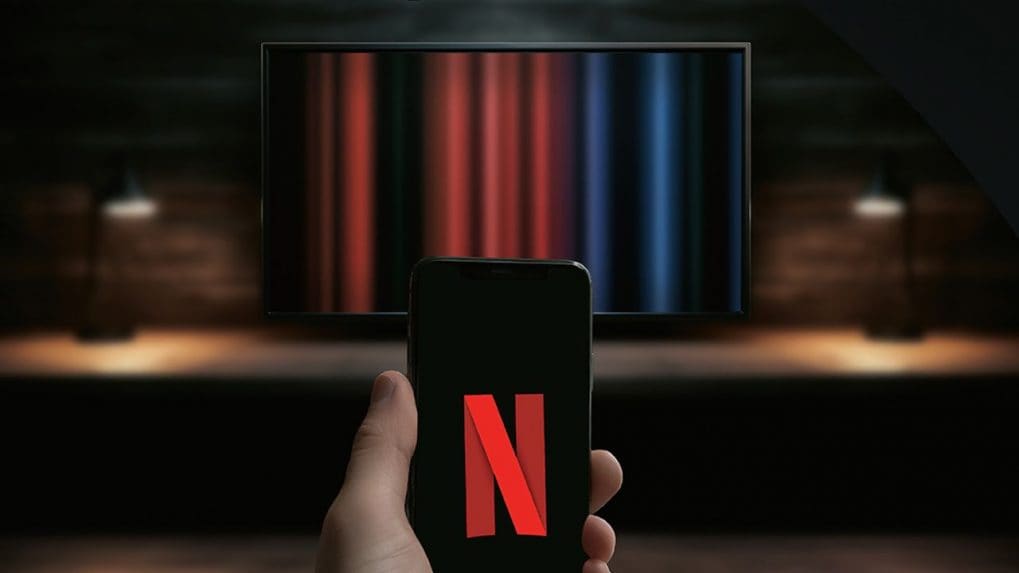Brand Makers
Dil Ka Jod Hai, Tootega Nahin

Netflix has confirmed its first use of generative artificial intelligence (Gen AI) in an original production, employing the technology to create a building collapse scene in the Argentine science fiction series, "The Eternaut."
During an investor call, Netflix co-CEO Ted Sarandos stated that their visual effects studio, Scanline, partnered with the show's creative team, using AI tools for the sequence.
"That VFX sequence was completed 10 times faster than it would have been using traditional visual effects tools and workflows," Sarandos said. He added that "the cost of producing it through conventional means would simply not have been feasible for a show with that budget."
The integration of Gen AI has generated discussion within the entertainment industry regarding intellectual property and job displacement. AI was a point of contention during the 2023 Hollywood writers' strike, resulting in an agreement that prohibits studios from using AI to write or edit human-authored scripts.
Sarandos maintains that Netflix's use of Gen AI will not affect its commitment to "telling great stories."
Tools like OpenAI's Sora and Google's Veo 3, which can generate footage from text prompts, have intensified concerns about job security in the industry.
Netflix also plans to introduce interactive ads powered by generative AI for ad-tier subscribers, beginning in 2026.
"The Eternaut," based on the graphic novel by Héctor G. Oesterheld and illustrated by Francisco Solano López, reached Netflix's global Top 10 for non-English-language series and entered the overall Top 10 in multiple countries. A second season has been confirmed.
"The raucous, almost deafening, cuss words from the heartland that Piyush Pandey used with gay abandon turned things upside down in the old world order."
Read MoreFrom OpenAI’s ChatGPT-powered Atlas to Microsoft’s Copilot-enabled Edge, a new generation of AI-first browsers is transforming how people search, surf and interact online — and reshaping the future of digital advertising.